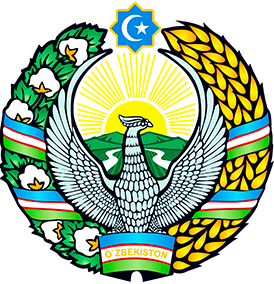Uzbekistan and Turkmenistan are steadily increasing the scale of multifaceted cooperation
2024-07-16 11:00:00 / News

On July 16 of this year, the 18th meeting of the Joint Uzbek-Turkmen Commission on Trade, Economic, Scientific, Technical and Cultural Cooperation was held in Tashkent.
The event was co-chaired by Deputy Prime Minister of the Republic of Uzbekistan Jamshid Khodjaev and Deputy Chairman of the Cabinet of Ministers of Turkmenistan Batyr Atdaev. It was also attended by the heads of ministries, departments, industry associations, and regional administrations of the two countries.
During the constructive exchange of views, the current state of bilateral cooperation, the implementation of existing agreements were discussed and promising areas for further development of multifaceted relations were outlined.
They stressed the positive attitude towards strengthening and developing long-term and mutually beneficial bilateral relations, thanks to constructive dialogue and trusting relations between the Leaders of the two countries.
The positive dynamics of expanding trade and economic cooperation was noted. Over the past 5 years, trade volumes have doubled and by the end of last year they exceeded the $1 billion mark. At the same time, the expediency of fully utilizing the potential was emphasized, including through the launch of Uzbek-Turkmen border trade zones.
The parties discussed topical issues of expanding industrial cooperation in the chemical, automotive, and electrical industries, as well as measures to develop such cooperation formats as the Forum of Regions, meetings of the Uzbek-Turkmen Business Council, trade and industrial exhibitions, which are effective platforms for deepening interaction between the business communities of our countries.
Prospects for the development of cooperation in the field of transport and logistics were discussed in a separate order, bearing in mind the expansion of transport connectivity between the two countries. In this context, the possibilities of joining the Turkmen side to the existing and planned multimodal transport corridors and solving issues of simplifying visa procedures for participants in international transportation across the territory of the two states were considered.
The parties also considered the prospects for increasing cultural and humanitarian cooperation. In this direction, the creation of joint educational programs, training in the field of agriculture and water management, exchange of teachers and students, as well as the elaboration of new initiatives for the development of tourism are prioritized.
Following the meeting, the parties signed the Final Protocol of the 18th meeting of the Joint Commission and agreements opening up new opportunities for the mutual supply of demanded goods and services.








